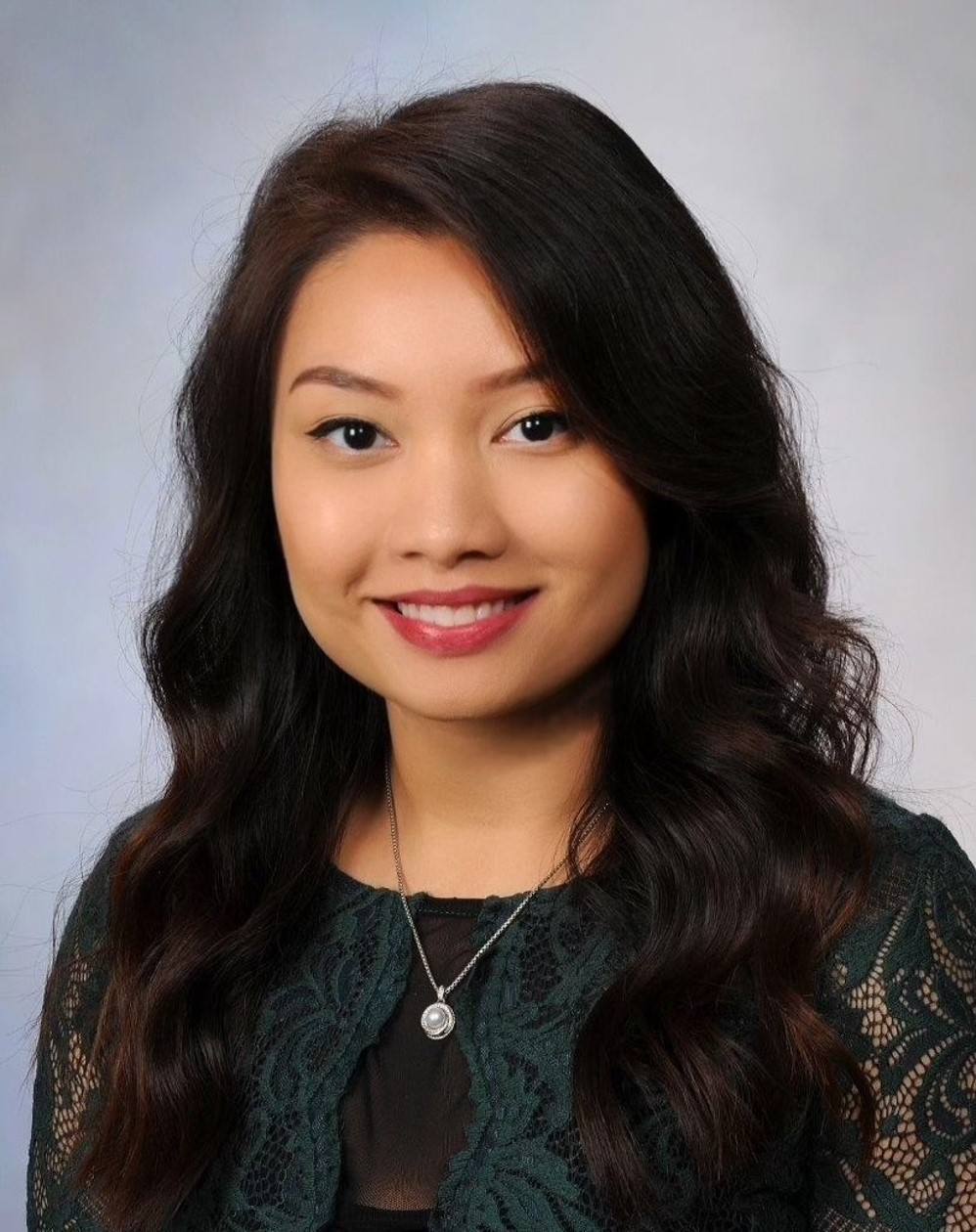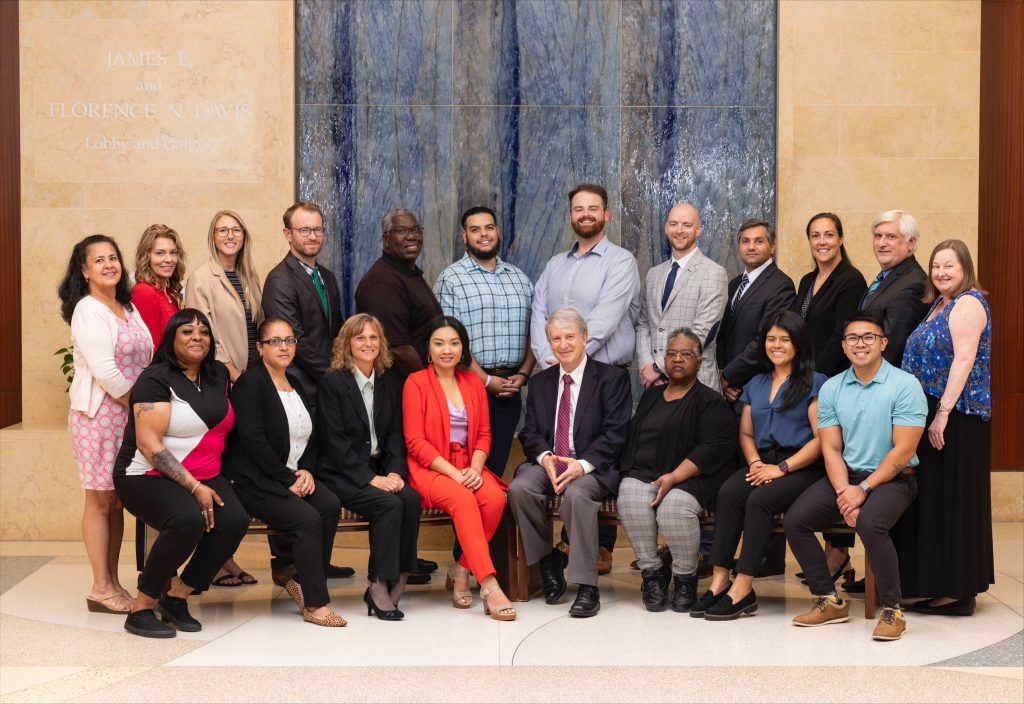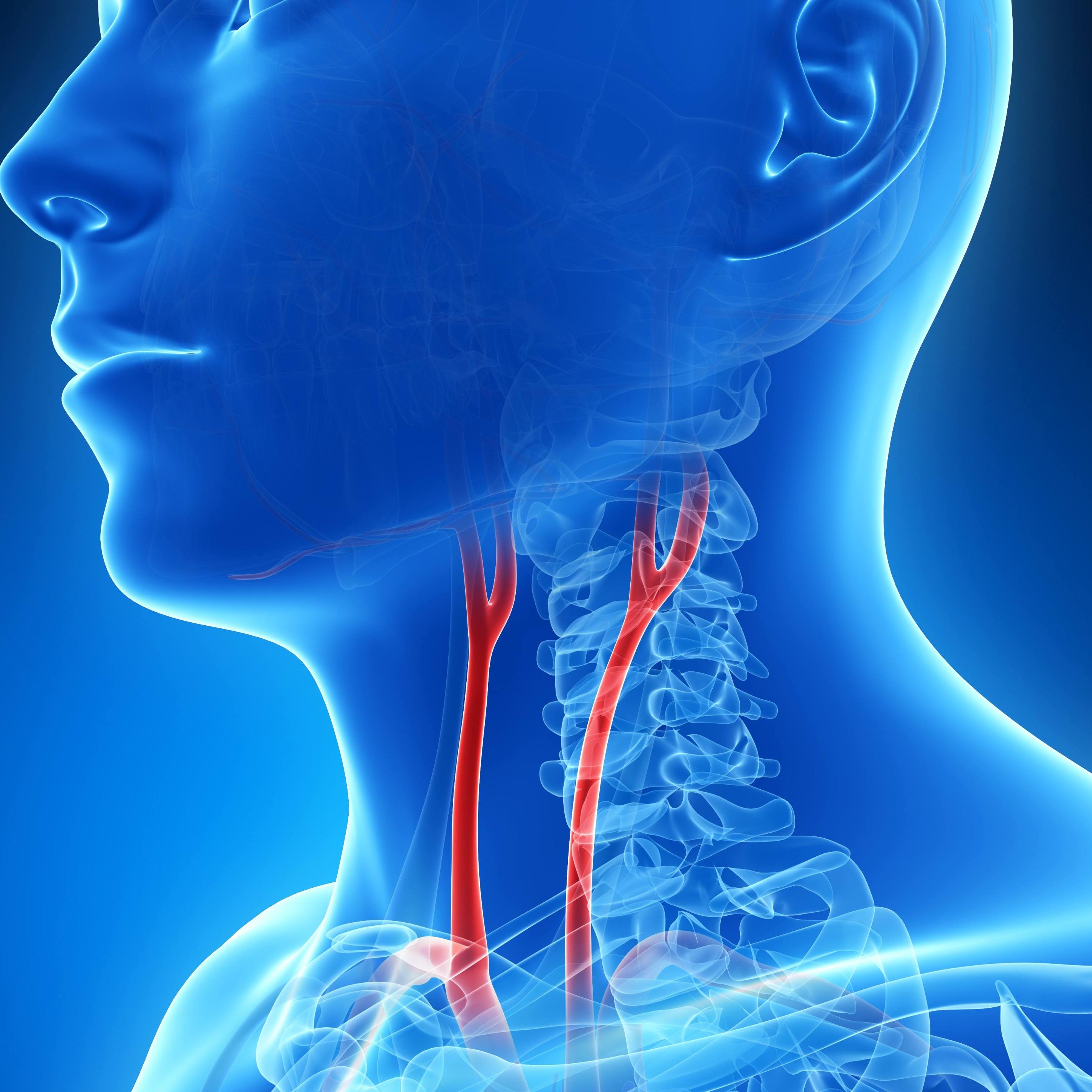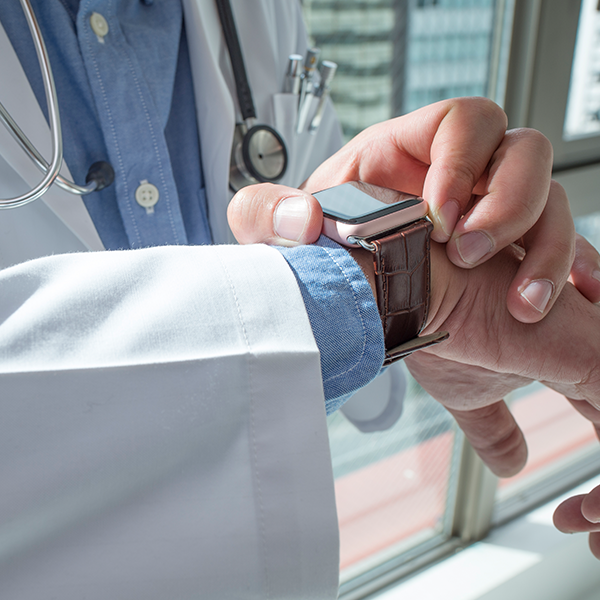-
Clinical Trials
Welcoming the community into Alzheimer’s disease research studies

Sochenda Stephens is the program manager for the Alzheimer's Disease Research Center (ADRC) at Mayo Clinic in Florida. Her team is reaching out to communities in Jacksonville that are underrepresented in healthcare to attract more people to join research studies. Here in her own words, she talks about the work of the team.
What types of studies are underway at the Alzheimer's Disease Research Center?
We have multiple active observational studies that focus on brain health and aging and the diagnosis of Alzheimer's disease through analyzing fluid and neuroimaging biomarkers. We also have several active clinical trials that focus on developing medications that may slow or stop the progression of dementia or prevent the onset of cognitive symptoms in healthy people who are at high risk of developing symptoms of Alzheimer's disease.
How have you and the ADRC been able to increase access to research participation in underrepresented communities?
One key strategy has been expanding our Clinical Research Coordinators (CRCs) team, focusing specifically on increasing engagement within underrepresented communities. By tripling the number of CRCs focused on community outreach and diversifying our team to better reflect our community, we have enhanced our ability to engage with underrepresented populations, build relationships, educate and inform them about the importance of research participation.
Notably, we have six coordinators and three clinician-researchers who speak Spanish. Also, we have established partnerships with faith- and community-based organizations and leaders within underrepresented communities to foster trust and facilitate access to research opportunities.
What is the purpose of the new curriculum for clinical research coordinators?
Clinical research on the Florida campus has grown rapidly in the past several years. Our newly hired research coordinators complete a robust six-week onboarding and new-hire training curriculum that provides the resources and knowledge to equip them for success in their roles.
What do these clinical research coordinators do in the community?
Our CRCs play a crucial role in community outreach. They actively engage with underrepresented communities to better understand their research and health needs, provide education, raise awareness about research opportunities, address concerns or misconceptions about research participation and facilitate enrollment in research studies. They participate in community events and establish and maintain ongoing relationships with community members to ensure continued engagement and participation.
How else is the Alzheimer's Disease Research Center supporting research in underrepresented communities?
In addition to expanding our CRC team, the ADRC is involved in various initiatives to support research in underrepresented communities. This includes providing culturally sensitive education and outreach materials, offering transportation assistance for participants, collaborating with local healthcare providers to enhance awareness of research opportunities and involving community members in the research process through advisory boards and focus groups.
We are working with community organizations on give-back events, such as a book bag and school supplies giveaway, to involve the entire family. We also prioritize sharing individual findings with participants when appropriate and with Institutional Review Board approval. They can take this back to their primary care physicians to discuss next steps. We share community-based research in newsletters or at events.
What are some of the community events you support to inform people about Mayo Clinic research?
In 2023, we organized or participated in more than 40 community events, reaching more than 5,000 community members. We provided education on brain health and dementia risk factors, raised awareness about research opportunities at Mayo Clinic in Florida, and fostered dialogue with community members.
These events included health fairs, informational seminars, workshops, memory screenings and community forums. Also, we actively participated in cultural festivals, neighborhood gatherings, and outreach events hosted by community organizations to engage with diverse audiences and share information about our research initiatives. Our goal is to make research accessible, relevant and engaging for all community members.

How do you build trust with underrepresented populations before educating them about research studies?
Building trust in underrepresented populations is fundamental to our outreach efforts. We prioritize a "give first" approach by actively listening to the concerns and perspectives of our community members and facilitating a transparent, open, and culturally sensitive conversation. Our team takes the time to educate and address any misconceptions about research, establish meaningful relationships based on mutual respect and understanding, and enhance overall brain health whenever possible.
Why is this work important to you?
Our work addresses health disparities and ensures that all people, regardless of background or socioeconomic status, have equitable access to cutting-edge research opportunities. Black and Hispanic people have two times and 1.5 times higher risk of Alzheimer's disease and related dementia (ADRD) respectively, compared to non-Hispanic white people, yet they are underrepresented in ADRD studies, including clinical trials. By actively engaging with underserved communities, we can advance key scientific knowledge for the prevention, diagnosis, and treatment of ADRD, promote health equity, and improve outcomes for all members of our community.







